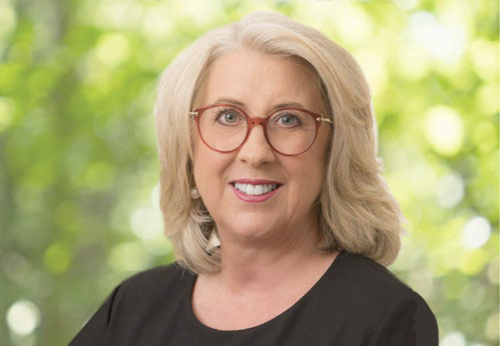Every day in my practice as a family lawyer, family dispute resolution practitioner and mediator, I hear stories of family violence and children at risk.
Whilst family violence is a tragedy in and of itself, more tragic is the suffering caused to the children who are exposed,
in one way or another – by hearing, seeing, feeling – incidents of domestic violence and/or the aftermath of family violence.
The following article in ‘The Age’ reports the findings of a new study by the Australian Institute Family Studies which confirms what we already know – that children who are exposed to family violence are at higher risk of suffering sexual, emotional and physical abuse.
The issue is ‘What can be done to prevent children from being exposed to family violence, thereby reducing the risk of future abuse for these very same children?’
The Australian Institute of Family Studies report, which will be released on Wednesday, also shows that children exposed to domestic violence from an early age are more likely to experience difficulties at school and have lifelong problems with social and cognitive development.
The report, Children’s exposure to domestic and family violence, draws on local and international research to examine the effects on children raised in abusive households.
It found young people who grew up around domestic violence were at higher risk of other forms of abuse, and that exposure to family violence was the leading cause of homelessness in young people.
“It affects their development in such a global fashion,” AIFS director Anne Hollonds said. “The problems are extensive and they go right across physical and mental wellbeing, cognitive development, which obviously affects academic achievement and employment.”
The study found child abuse often co-existed with domestic violence and that victims of persistent maltreatment in childhood suffered similar effects to trauma, which can lead to aggression, self-hatred and a lack of awareness of danger.
Ms Hollonds said the experience of children exposed to violence at home was not well understood and that a fragmented response meant the most vulnerable children were falling through the cracks.
“What we have is a fragmented patchwork of some services in some areas often operating in quite a siloed way,” she said.
“For example, domestic violence support for women might not always be focusing on the needs of the children. Similarly, adult services for mental health or drug and alcohol issues might not have a focus on the needs of dependent children.
“Unfortunately in some families the problems are multiple, it’s not just violence towards the other parent but there is also various kinds of abuse that the children directly experience. This multi-victimization of children requires our urgent attention.”
The Australian Human Rights Commission released a report on Monday that found up to five children in every classroom had experienced or witnessed family violence.
The National Children’s Commissioner, Megan Mitchell, said children were the “invisible victims” of the domestic violence scourge and that growing up in an abusive household could have a devastating lifelong impact on a person’s mental and physical health.
She said children exposed to family violence might also feel they needed to defend the parent, or be the one to call police or an ambulance.
Crime statistics show Victoria Police were called to 65,400 family incidents in 2013-14 and that children were present in more than one-third of cases.
According to the Australian Bureau of Statistics, more than half of victims abused by their partner had dependent children in their care at the time, with that figure rising to 61 per cent in cases of abuse at the hands of former partners.
Ms Hollonds said a multidisciplinary approach to domestic violence across health, child protection and family services sectors was needed to help the most disadvantaged families, who are often dealing with complex problems but face the most barriers accessing help.
“We have a late reaction policy culture and find it difficult to co-ordinate across portfolios,” she said. “The key is acting earlier because often we don’t find out about the problems people are having until they’ve escalated to a very serious stage, and by then children will have been affected.”
Read more:
The Australian Institute of Family Studies: aifs.gov.au/publications/evaluation-2012-family-violence-amendments
Lifeline for counselling and support: www.1800respect.org.au/
If you would believe you would benefit from legal advice about family violence and/or other relationship issues, please contact Vanessa Mathews, Accredited Family Law Specialist Australian family lawyers, Byron Bay Family Law & Mediation Specialists, Level 2, 599 Malvern Road, Toorak, Victoria, phone 1300 635 529, email [email protected]
Vanessa is an expert specialist Melbourne Divorce Lawyer with many years of experience in advising clients about family violence and family law issues.
Vanessa’s clients have kindly been willing to express their satisfaction with her work by writing, and consenting to have published, their testimonials on Byron Bay Family Law & Mediation Specialists, Melbourne Divorce Lawyers, website: mathewsfamilylaw.com.au/stories/
Further testimonials as to Vanessa’s work may be found at Google Reviews: click here











